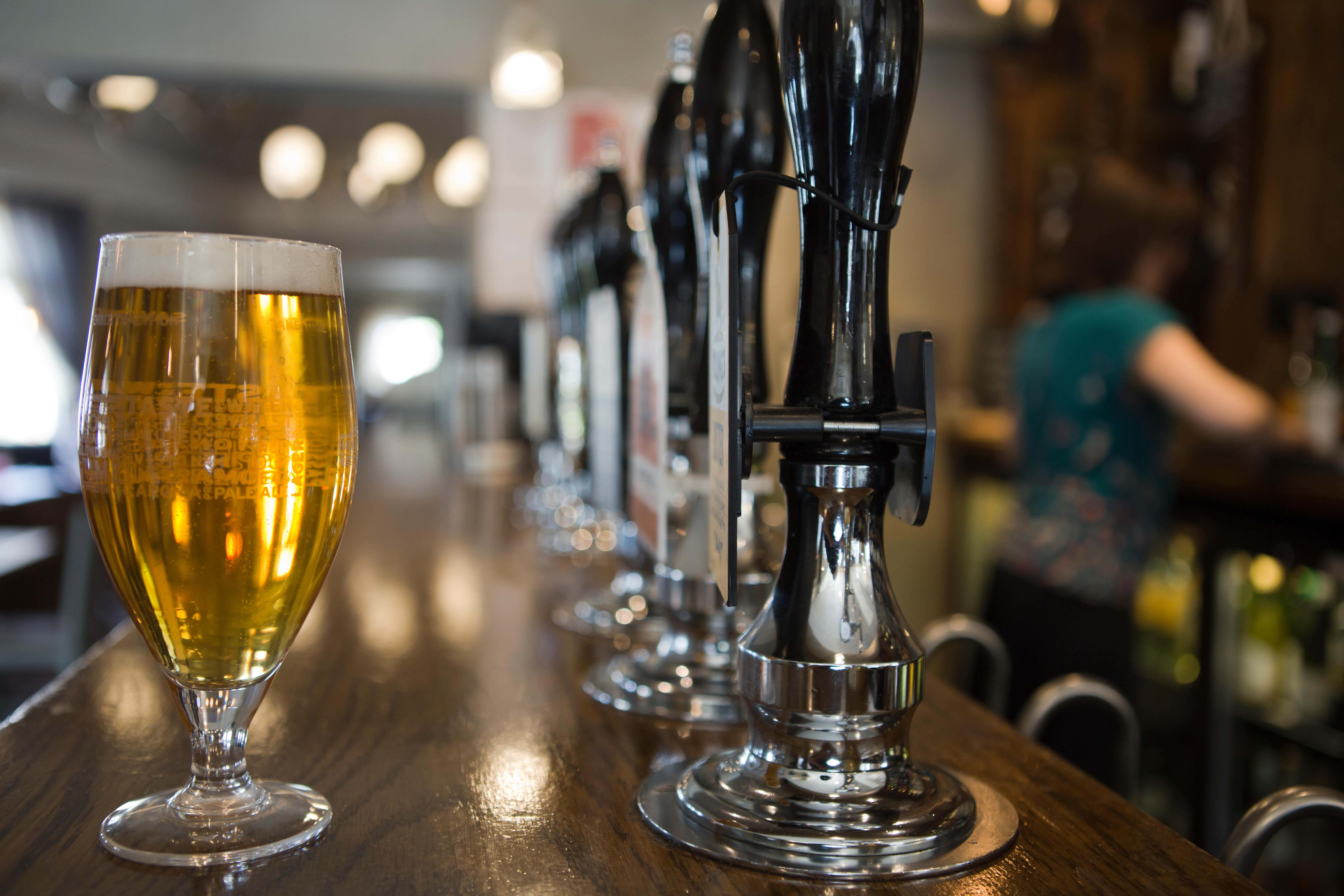Pub industry seeks licensing changes after football fans left waiting for beer
Many pubs had to wait until the second half of Sunday’s Women’s World Cup final to be able to start serving a beer to their customers, the BBPA said.

Your support helps us to tell the story
From reproductive rights to climate change to Big Tech, The Independent is on the ground when the story is developing. Whether it's investigating the financials of Elon Musk's pro-Trump PAC or producing our latest documentary, 'The A Word', which shines a light on the American women fighting for reproductive rights, we know how important it is to parse out the facts from the messaging.
At such a critical moment in US history, we need reporters on the ground. Your donation allows us to keep sending journalists to speak to both sides of the story.
The Independent is trusted by Americans across the entire political spectrum. And unlike many other quality news outlets, we choose not to lock Americans out of our reporting and analysis with paywalls. We believe quality journalism should be available to everyone, paid for by those who can afford it.
Your support makes all the difference.The pub industry has called for changes to licensing rules for “national moments” such as Sunday’s Women’s World Cup final after many customers had to wait until the second half of the match between England and Spain to be served.
Millions of people across England went to their local pub to watch the match, with early indications suggesting trading was up by between 14% and 28%, the British Beer and Pub Association (BBPA) said.
However the BBPA said the increases were achieved despite pubs facing major restrictions on when they could serve alcohol at the start or even during the game, with many having to wait until the second half to be able to start serving a beer to their customers.
The organisation said it was “clear” after working with the Government last week in trying to achieve a blanket order allowing pubs to serve beer and other alcoholic drinks before the match started and their prescribed licensing hours that, when Parliament was not sitting, the Licensing Act 2003 “is far too prescriptive in permitting urgent one-off measures to be taken”.
We now need the law to reflect the reality that strict, prescriptive licensing cannot easily flex when key events are taking place while Parliament is not sitting
The BBPA said that “while it may not seem to be the most pressing of matters, the importance of greater legal flexibility that allows communities to come together in the nation’s pubs to celebrate key social and sporting events is vital for their long-term commercial sustainability”.
It added that it was “very grateful” to the Government for its efforts to achieve a legal derogation from the Act, and for its encouragement to local authorities and police forces, many of whom themselves were supportive of their local pubs in allowing them to serve drinks earlier than their formal licensing hours.
An amendment to the Act should be quick, easy and uncontroversial to achieve, the BBPA added, as it urged the Government to table the measure.
BBPA chief executive Emma McClarkin said: “Despite the Lionesses not being able to claim victory on Sunday, they won the hearts of the nation and inspired the millions of people who cheered them on at the pub and elsewhere through their heroic performance in this tournament.
“It’s great that this success was able to give a boost to our pubs after a year where they’ve faced a range of challenges from unsustainably high energy bills to double-digit duty increases.
“Despite the Government’s valuable work encouraging local authorities to support pubs on Sunday, we now need the law to reflect the reality that strict, prescriptive licensing cannot easily flex when key events are taking place while Parliament is not sitting.
“The Licensing Act is an important piece of legislation, but it was never intended to be so inflexible as to stand in the way of communities coming together and enjoy a beer and celebrate one-off events of national interest.
“MPs know the pubs are the focal points of their local communities so let’s work together to get an amendment quickly agreed.”